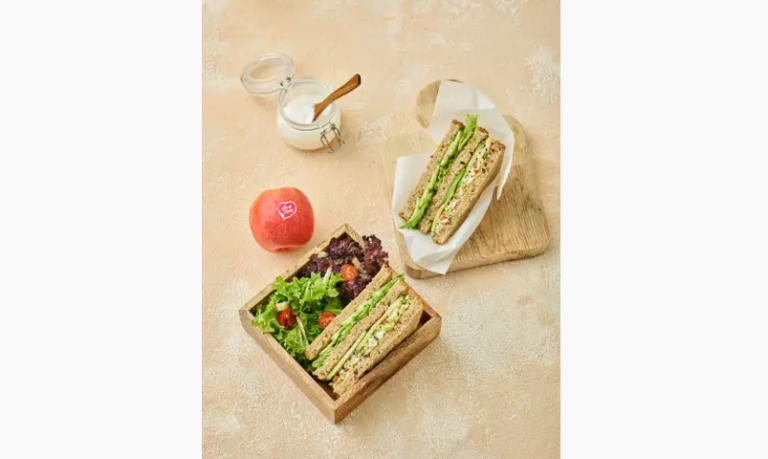A recent survey by Pink Lady apples has revealed that 74% of office workers would enjoy their workday more if they could freely choose their lunchtime meals without the fear of being judged by colleagues. The findings highlight significant concerns around workplace etiquette, with many employees altering their lunch habits based on potential scrutiny from their peers.
The poll, which surveyed 2,000 office workers, indicated a striking contrast between the meals consumed at home and those eaten in the office. The data suggests that many people feel compelled to select different, often less satisfying lunches when in a work environment. This sentiment is reflected in the fact that 49% of respondents admitted that coworker judgement influenced both their lunch choices and the duration of their breaks.
The traditional lunch hour appears to be disappearing, with 84% of Britons indicating they lack a consistent lunchtime routine. Alarmingly, many office workers are taking significantly shorter breaks than the standard hour, with 42% opting for less than 30 minutes—resulting in an astonishing three weeks of unpaid overtime each year.
Beyond time constraints, social dynamics also play a crucial role in lunch choices. The survey found that 46% of workers are concerned that taking a full lunch hour may negatively affect their manager’s perception of them. Conversely, 59% noted that their bosses often take longer lunches, suggesting that upper management might be less burdened by these social pressures.
Among the various concerns surrounding lunch, Pink Lady’s research identified specific food-related faux pas that cause anxiety. A vast majority of respondents reported avoiding foods that are messy (85%), smelly (84%), or noisy to eat (71%) when sharing an office space. There is a particular stigma associated with eating during video calls, with 81% of workers feeling judged for doing so.
Lynn Shaw, Senior Marketing and Communications Manager at Pink Lady apples, emphasized the need for employees to embrace their food preferences without fear of judgement. She stated, “These findings reveal that the modern lunch break is being chipped away at…92% of people we surveyed said food brings them happiness, so we’re on a mission to encourage the nation to embrace the foods they love at lunchtime.”
Behavioural psychologist Jo Hemmings provided insight into the psychology behind these lunchtime anxieties. She explained that the fear of judgement often stems from a desire to fit into the workplace culture. Hemmings encouraged employees to focus on their own enjoyment of food and suggested that positive food choices can enhance workplace morale.
To combat this pervasive fear, Hemmings offered five tips to help workers overcome their concerns: silencing inner critics, sticking to personal preferences, openly communicating with colleagues, supporting each other’s food choices, and gradually increasing the time taken for lunch breaks.
Ultimately, the survey highlights a pressing issue in modern workplaces—the struggle between personal enjoyment and social expectations during lunchtime. As office workers navigate these dynamics, the hope is that employees will find the confidence to reclaim their lunch hours and savour the foods that bring them joy. For more information visit www.pinkladyapples.co.uk

